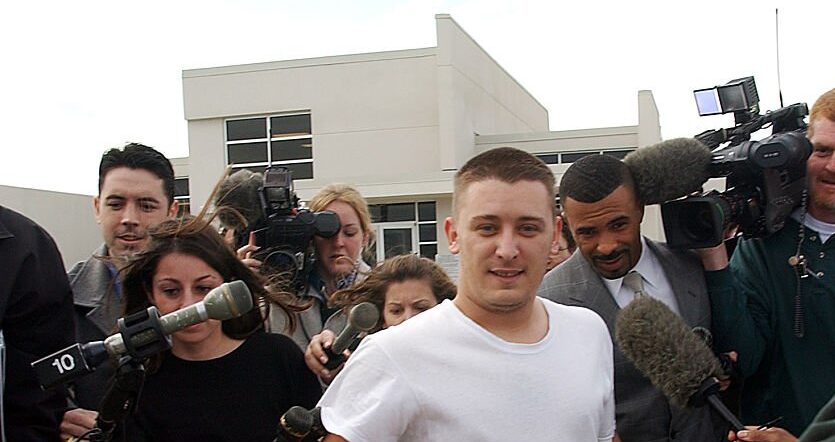Now Reading: Kings’ College London Joins 4.7 Million Euros Drive to Give Forensic DNA a New Voice
-
01
Kings’ College London Joins 4.7 Million Euros Drive to Give Forensic DNA a New Voice

Kings’ College London Joins 4.7 Million Euros Drive to Give Forensic DNA a New Voice
LONDON, AUGUST 2025– kings college London has joined a 4.7 million euros European research consortium that aims to push forensic DNA beyond “who was here?” towards answering “what was left?” and “how old was it?” the project will develop four following generation DNA methylation kits designed to extract more information signals from tiny, degraded or mixed biological samples cases that routinely stumps standard short tandem repeat (SRT) profiling. Rather than replacing identity testing, these assays are intended to complement it, allowing investigators to infer tissue type and biological age and thus provide crucial context when samples are scarce or contaminated.
The initiatives’ practical goal is clear: to aid cold and open cases by identifying biological material from minute traces, accelerate the identification of human remains in disaster or missing persons cases with degraded DNA, and explore non-radiographic age estimation for asylum and migration contexts, offering a less invasive alternative to X-rays.
What sets this project apart is its focus on rigorous validation and transparent interpretation from the outset. As DNA testing becomes increasingly sensitive, the risk of misinterpretation from weak signals grows. To address this, the consortium will conduct multi-site evaluations, set accuracy benchmarks, and ensure compatibility with existing forensic workflow and probabilistic genotyping systems, aiming to prevent premature or flawed courtroom use. King’s College London’s role is significant, given its historic contributions to DNA science. By guiding the development toward scientifically robust and operationally practical tools, the university is helping shape a potential shift in global forensic practice. If proven reliable, these methylation-based kits could transform stalled investigations into active leads across Europe and beyond.
When applying probabilistic age assessments in asylum or criminal justice contexts, an ethical safeguard may be crucial. Both forensic experts and policymakers will closely monitor the project’s dual emphasis on scientific rigour and ethical framing.









